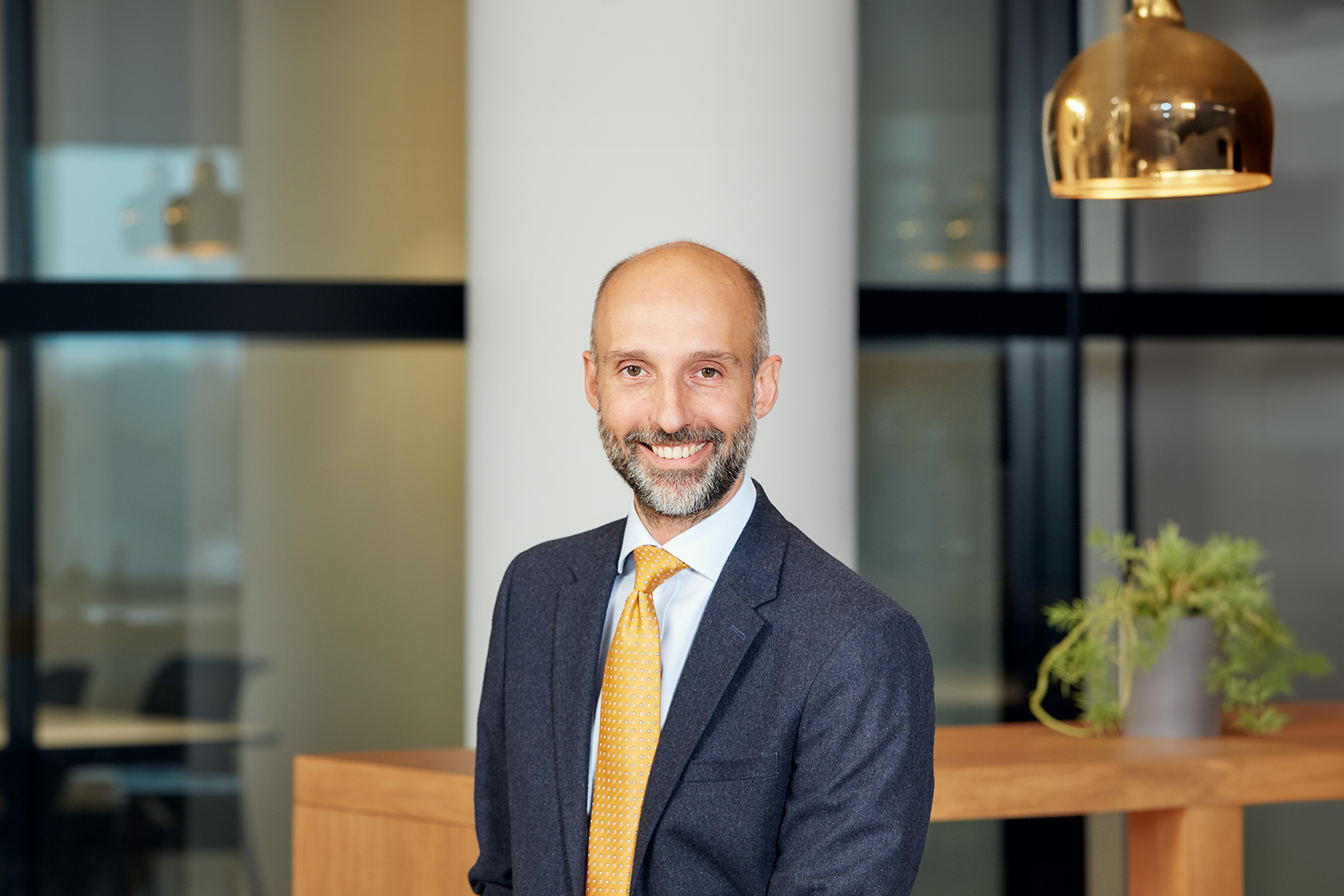Johann Kapsch laid the foundations of the Kapsch Group in 1892 when he set up a precision engineering workshop in Vienna, to build Morse telegraph devices and telephone equipment. Now headed by Georg Kapsch, the fourth generation to lead the family business, the organization has continuously adapted its offering to meet changing technologies and customer demands.
Today its subsidiary, Kapsch TrafficCom, is a global leader in technology solutions that keep traffic moving while protecting the environment. Its portfolio includes sophisticated electronic tolling systems and AI-powered intelligent transport management platforms that can predict congestion before it happens, allowing for a reduction in emissions and helping cities better plan traffic patterns. The business employs more than 4,000 people in over 25 countries and has implemented successful projects around the world.
As urbanization continues to rise, with more than two-thirds of the global population due to live in urban areas by 20501, demand for advanced systems like Kapsch TrafficCom’s – that keep transport moving, helping to increase productivity and ease air pollution – is set to escalate. However, in the early 2020s, Kapsch TrafficCom was itself in danger of grinding to a halt.
Despite delivering a 3% revenue increase to €520 million, following earlier reorganizations, and earnings before interest and taxes (EBIT) of €11 million in the 2021/22 financial year, the organization’s operations remained tailored to previous higher revenue levels. Project postponements driven by the COVID-19 pandemic, significant-order cancellations, high fixed costs and high leverage squeezed profits and cash flow and left the business struggling to service its debts.
Intense pressure from lenders required Kapsch TrafficCom to present a business strategy that would deliver greater efficiency and profitability. The CEO, Georg Kapsch, looked to external advisors for help. “After years of extremely strong growth, we realized that we needed to bundle and harmonize our many decentralized projects more effectively,” he says. Kapsch chose the EY-Parthenon team, led by Ben Trask, due to the immediate chemistry between the two teams and as a result of the effort they put into drafting a bespoke solution to his company’s challenges.









